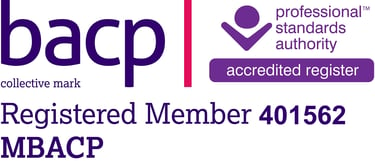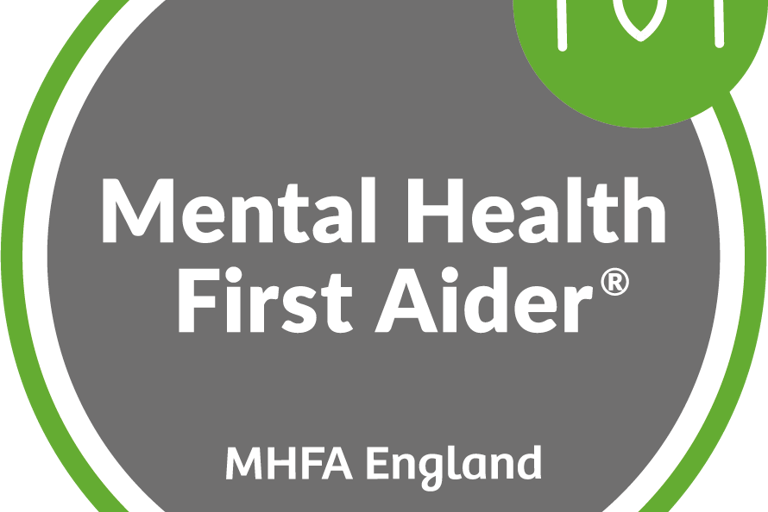Understanding and Healing from Trauma: Embracing Individual Differences in Coping Mechanisms
8/28/20244 min read


Introduction to Trauma and Its Impact on Individuals
Trauma, a deeply distressing or disturbing experience, can manifest in various forms including physical, emotional, and psychological aspects. It encompasses events or series of events that an individual perceives as overwhelming, exceeding their ability to cope. Physical trauma may involve bodily harm, while emotional and psychological trauma stem from experiences such as abuse, violence, or significant loss. Each person's journey with trauma is unique, informed by their personal history, resilience, and biological makeup.
Individuals respond to trauma differently, influenced by their psychological and emotional systems. Common defensive mechanisms people deploy to navigate their trauma include denial, repression, and hypervigilance. Denial involves refusing to acknowledge the reality of a distressing experience, a mechanism that temporarily shields the individual from overwhelming emotions. Repression, on the other hand, actively forces troubling experiences out of conscious awareness, although they may later manifest through anxiety or physical symptoms. Hypervigilance, characterised by heightened awareness and sensitivity, keeps individuals perpetually on guard, essentially trapping them in a state of constant alertness.
Understanding these coping strategies is crucial in recognising one’s own responses to trauma and also in facilitating healing. Acknowledging these mechanisms helps identify how they serve to protect an individual, even as they might hinder day-to-day functionality. For instance, while hypervigilance is a protective stance, it can lead to chronic stress and impede the ability to relax or feel safe. Similarly, repression can prevent the processing of traumatic memories, leading to long-term emotional or physical health challenges. Therefore, recognizing and addressing these individual coping mechanisms is fundamental in the journey towards recovery and resilience.
By appreciating the diversity in trauma reactions and the coping mechanisms employed, a compassionate and supportive framework can be established, enabling individuals to navigate through their unique healing processes. Recognising one's responses to trauma not only validates their experiences but also lays the groundwork for tailored therapeutic interventions, ultimately fostering a more individualised approach to healing.
Recognising and Understanding Your Unique Experience with Trauma
Understanding and healing from trauma begins with a deep self-awareness and reflection on one's experiences. Each person's encounter with trauma is unique, shaped by a multitude of factors including personal history, temperament, and environmental influences. The first step in recognising and understanding your specific traumatic experiences is through self-assessment and introspection.
One effective method for self-reflection is journaling. Writing about your feelings and experiences allows you to process complex emotions in a safe, structured manner. It also provides a tangible record of your thoughts, helping you identify patterns and triggers related to your trauma. By consistently journaling, you can gain insights into how you have developed certain defensive mechanisms to cope with your experiences.
Another vital avenue for understanding your trauma is through therapy. Working with a mental health professional can offer guidance and support as you navigate your emotions. Therapists are trained to help you explore your experiences, identify coping strategies, and uncover how these strategies may be impacting your life. Therapy can provide a confidential and non-judgmental space to confront your trauma, fostering a deeper understanding and eventual healing.
Discussions with trusted individuals, such as close friends or family members, can also facilitate self-awareness. Sharing your experiences with someone you trust can provide relief and validation, highlighting different perspectives and solutions you may not have considered previously. These conversations can help you articulate your feelings and receive feedback that might be instrumental in your healing process.
It's important to recognise that the defensive mechanisms you have developed in response to trauma might have had significant effects on various aspects of your life. These mechanisms, while potentially protective in the short term, can influence your relationships, career, and personal growth. For instance, you may find yourself withdrawing from close relationships or struggling with trust issues, which can strain connections with others. In your career, these mechanisms might manifest as stress or burnout, hindering your professional progress. By understanding these impacts, you can work towards developing healthier coping strategies that support your overall well-being.
Steps Towards Healing: Breaking Free from Defensive Patterns
Healing from trauma is an intricate and multifaceted process that requires intentional effort and time. The first step towards healing involves recognising and breaking free from defensive patterns that were once necessary for survival but may now hinder growth and recovery. Counselling/therapy can be effective in this regard. It may help you focus on identifying and transforming negative thought patterns and behaviours into positive, constructive ones. By questioning and reframing harmful thoughts, individuals can gradually alter their emotional responses and actions.
Mindfulness practices also play a crucial role in mitigating the impact of trauma. Techniques such as meditation, deep-breathing exercises, and yoga can help individuals stay present and grounded. These practices foster a sense of inner peace, reducing anxiety and stress associated with traumatic experiences. Consistently incorporating mindfulness into daily routines can significantly enhance emotional regulation and resilience.
Support systems are another vital component of the healing journey. Engaging with a network of compassionate friends, family members, or peers can provide invaluable emotional support and encouragement. Additionally, professional therapy, including individual counseling or group therapy sessions, offers a structured and safe environment to navigate complex emotions and experiences. Seeking help from mental health professionals ensures access to expertise and tailored strategies for recovery.
Patience and self-compassion are essential during this process. It's crucial to acknowledge that healing is not linear and setbacks are a natural part of the journey. Treating oneself with kindness and understanding paves the way for long-term recovery. Developing healthy habits, such as regular exercise, balanced nutrition, and adequate sleep, further supports this process by enhancing physical and mental well-being.
Creating a support network, practicing mindfulness, and therapy all contribute to breaking free from protective patterns. These steps, coupled with patience and professional guidance, can significantly impact an individual's path to resilience and recovery. Everyone's healing journey is unique, and embracing these individual differences is fundamental to effective trauma recovery.






